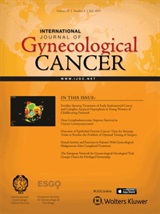 Over a decade ago, a case report on a woman with cervical cancer and lymphoma was “published twice” by the International Journal of Gynecological Cancer within the span of a few months. The retraction note came out just now.
Over a decade ago, a case report on a woman with cervical cancer and lymphoma was “published twice” by the International Journal of Gynecological Cancer within the span of a few months. The retraction note came out just now.
One copy of the paper appeared in the July 2003 issue of the journal. The second, now-retracted, copy — “Coincidental detection of T-cell rich B cell lymphoma in the para-aortic lymph nodes of a woman undergoing lymph node dissection for cervical cancer: A case report” — was published later that year, in the September issue.
There are just a few cosmetic differences between the headlines and abstracts of the papers — a “;” instead of a “,”; a change in verb tense, and a typo, for instance. (See a text comparison of the abstracts here.)
The brief retraction note, from the journal’s Editor in Chief Uziel Beller, doesn’t explain what took so long to act on the error — just tosses the blame to whoever was in charge of the journal at the time:
Continue reading Cervical cancer paper is scrapped for duplication in the same journal, year
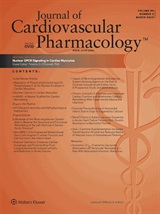
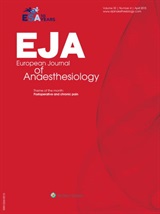

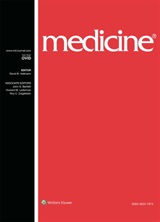
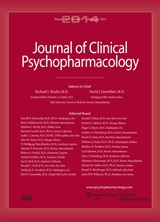



 Lawsuits are usually dry and boring, so it’s always fun to read one with a little life.
Lawsuits are usually dry and boring, so it’s always fun to read one with a little life.